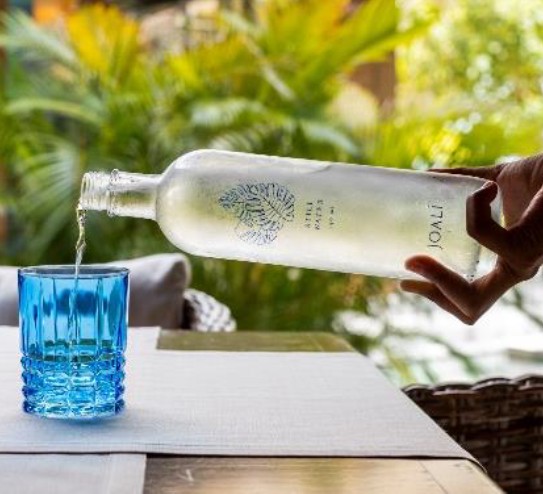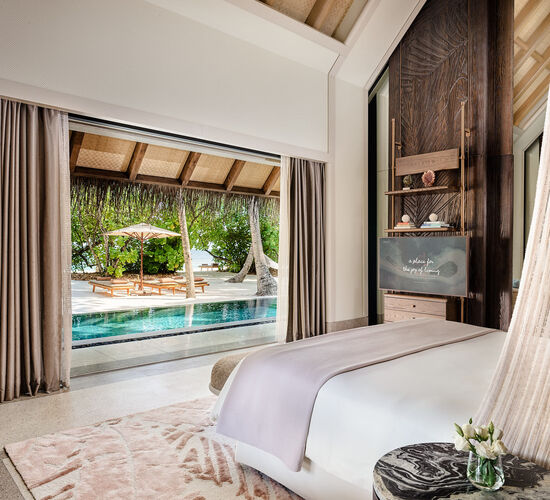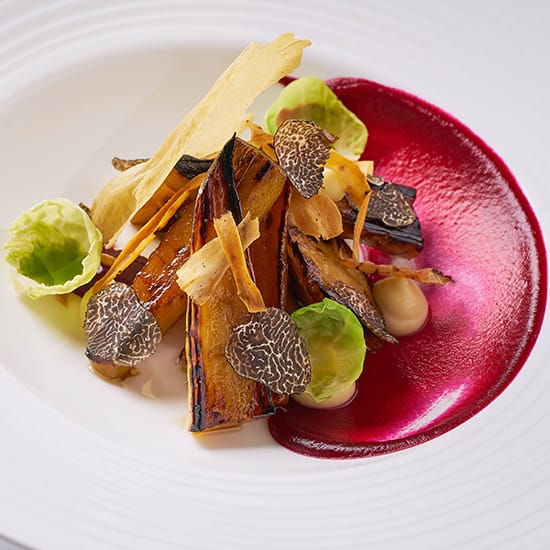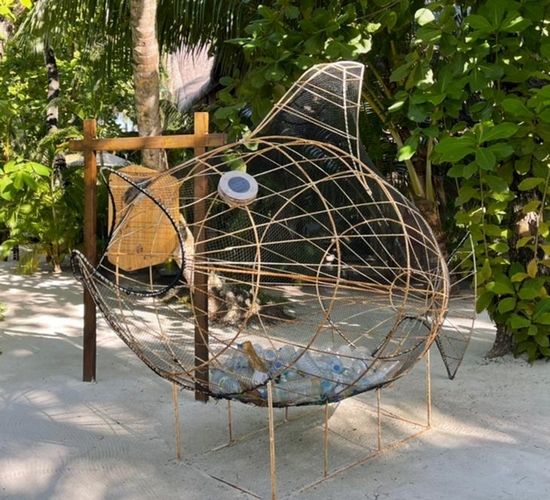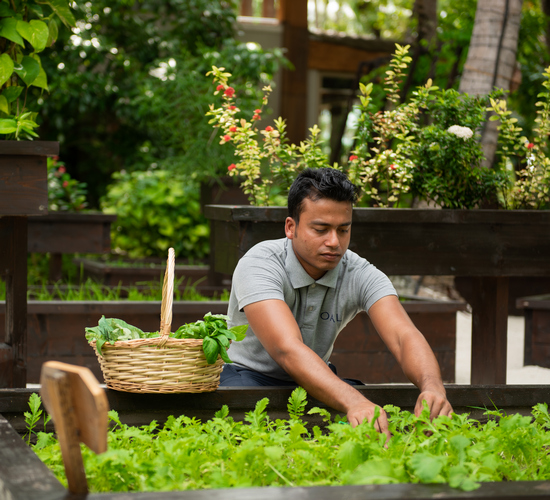
Responsible Sourcing
Our culinary team loves to craft specialties with locally caught fish and seafood, along with organic produce from our Herb Garden. Our commitment to fair trade principles is reflected through ethically sourced tea, coffee and wood products. As much as possible, we use local produce and buy in bulk to reduce packaging waste. We also use eco-friendly stewarding and laundry chemicals.
